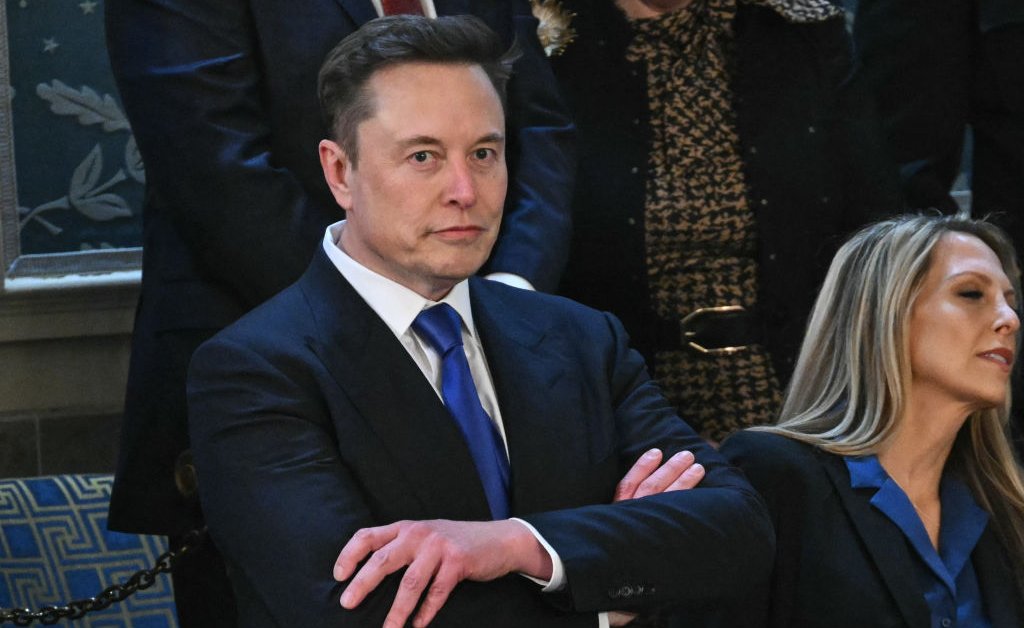Now Reading: Trump’s ‘Big Beautiful Bill’ Stumbles in Senate as Musk Ramps Up Bid to ‘Kill’ It
-
01
Trump’s ‘Big Beautiful Bill’ Stumbles in Senate as Musk Ramps Up Bid to ‘Kill’ It
Trump’s ‘Big Beautiful Bill’ Stumbles in Senate as Musk Ramps Up Bid to ‘Kill’ It

President Donald Trump’s ambitious tax and spending plan, marketed as a key part of his second-term agenda, is encountering growing opposition in the Senate. Concerns about its impact on the deficit and a heightened campaign led by Elon Musk to undermine the entire package are now jeopardizing the legislation’s fragile path to approval.
The core of the turmoil surrounding Trump’s “One Big Beautiful Bill” stems from a recent sobering evaluation by the nonpartisan Congressional Budget Office. The assessment revealed that the bill would increase federal deficits by $2.4 trillion over the next decade and result in nearly 11 million Americans losing health coverage, primarily due to significant Medicaid cuts and the introduction of new work requirements. This analysis has raised red flags among some Senate Republicans who are advocating for substantial alterations.
Senator Rand Paul of Kentucky likened Congress to a reckless teenager when it comes to spending and questioned the wisdom of providing more funds to an irresponsible entity. While the White House and prominent Republicans have sought to downplay the CBO’s findings, fiscal conservatives in the Senate remain steadfast in their opposition, bolstered by Elon Musk’s vigorous campaign against the bill.
Musk has criticized the bill’s impact on the deficit, which could nullify the cost-saving measures he championed during his tenure in the Trump Administration. He has also expressed reservations about provisions in the House-passed bill that would eliminate clean energy tax credits and electric vehicle subsidies. The unexpected turn of events has caught some Republicans off guard, as they had anticipated Musk’s support.
Efforts to salvage the bill are underway, with House Speaker Mike Johnson reaching out to Musk, hoping to sway his stance. However, the strategy to swiftly advance House priorities in the Senate is unraveling, prompting discussions on significant revisions to the bill. Senate Majority Leader John Thune acknowledged the need for modifications to enhance the legislation’s prospects.
One proposed change involves revising the $40,000 cap on state and local tax deductions, a contentious issue among House Republicans from high-tax states. Disagreements persist over Medicaid reforms, including new work requirements, provider taxes, and potential cuts, which could pose obstacles to the bill’s passage.
The escalating disagreements have set a challenging legislative path for Trump’s flagship bill, with Senate committees crafting their own version to address less contentious aspects first. The outcome remains uncertain, with the bill’s fate hinging on navigating through a divided Congress and the looming midterm elections.
The implications of failing to extend Trump’s tax cuts are significant, potentially leading to tax hikes for many Americans. Trump’s proposal aims to boost defense and border security spending while reducing expenditures on Medicaid and food assistance programs.





